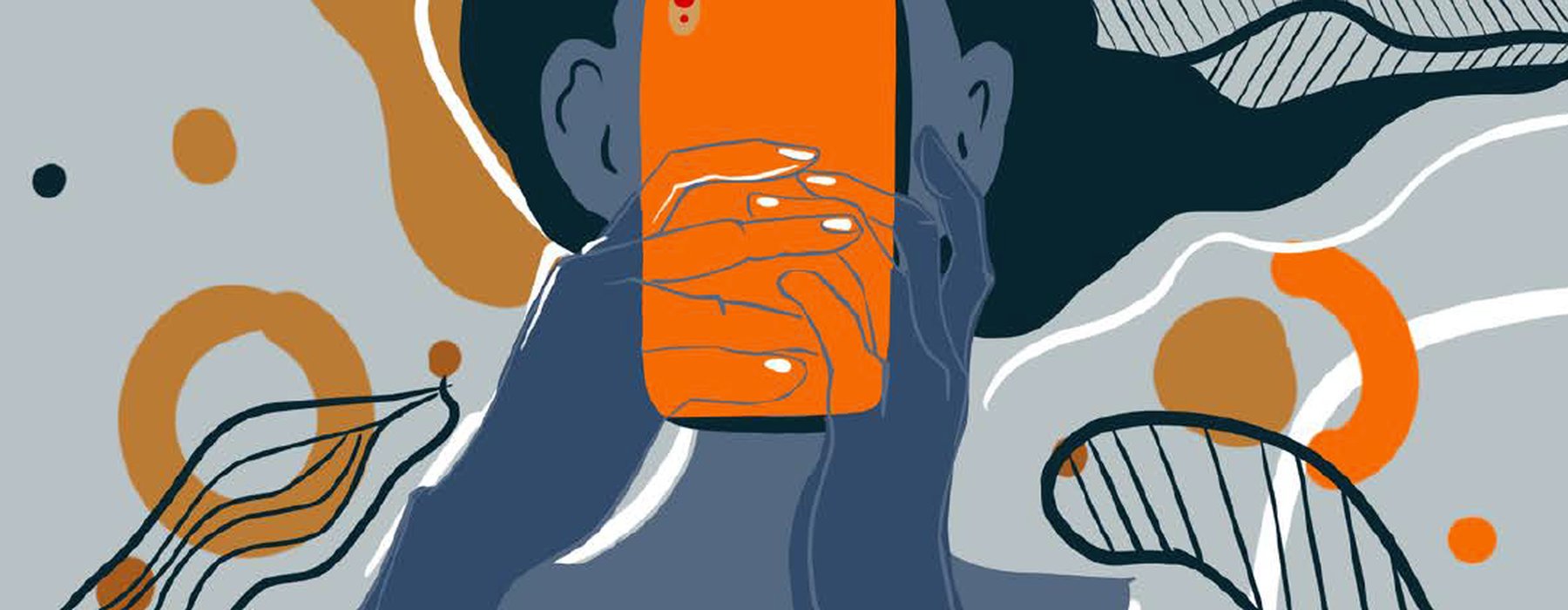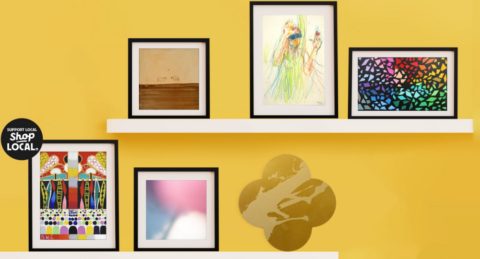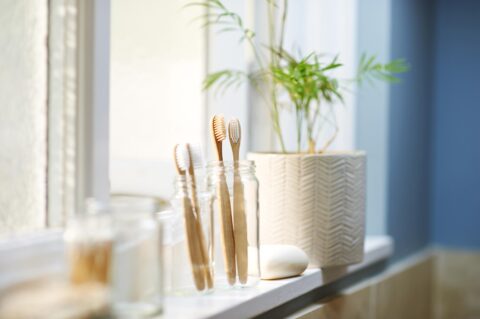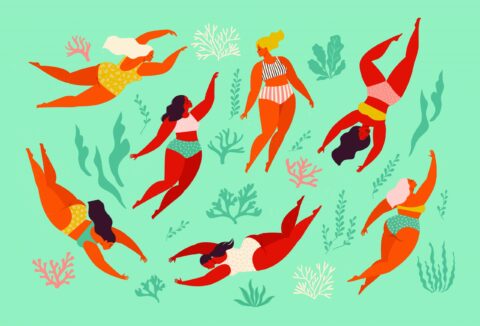After being sucked in by social media, Sharon Stephenson learns to limit her logins and embrace life beyond the screen.
For reasons far too silly to waste my word count on (something about pig-headedness and not wanting to follow the crowd), years ago I decided not to sign up to social media.
Who cares what so-and-so thinks about something, or what someone I met briefly six months ago is having for breakfast? I smugly told myself I had neither the time nor the inclination to be a sheep.
But then I had a birthday ending in a zero, which in my world is always a time for reassessment. Around the same time, a colleague admitted that she found many of her stories on Instagram, and I was gutted that I was missing out on such a rich source of journalistic fodder.
So I decided to dip my toes into the social media pool: Facebook was out, because when your elderly mother-in-law is an enthusiastic user, it tends to lose its shine. I felt as though I’d missed the Twitter boat, and TikTok had yet to be invented. So, five years ago, I joined the roughly one billion global Instagram users.
You know where this is going – I fell madly in love with filling those neat squares with work trips, photos of my dogs and our move from the city to the country. I carefully curated and filtered images, dreamed up witty captions and thought I was so bloody clever.
I carefully curated and filtered images, dreamed up witty captions and thought I was so bloody clever.
It didn’t take long before I became what US marketer Adam Alter calls an “over-user”
– the estimated 88% of people who spend more than an hour every day on their phones. Adam’s research showed that some people actually spend more time using Facebook, Instagram and Twitter than doing any other daily activity, apart from sleeping. Although I wasn’t in that category, I couldn’t have been too far behind.
It’s hard not to, though, when eavesdropping on the lives of people we love, envy and are never likely to meet has become a cornerstone of modern communication. Social media, according to researchers, allows us to connect with others, create a sense of belonging and define who we are and how we live.
It also gives us an addictive dopamine hit every time we scroll. So addictive that Stanford University’s Dr Anna Lembke calls the smartphone a “modern day hypodermic needle”, adding that an increasing number of us are dangerously addicted to the validation, attention and distraction we get with each post, like and tweet. The more followers and likes we get, the more we believe we are liked. But as with any addiction, there’s the come-down: despite the endless sources of fun at our fingertips, we’re increasingly unhappy.
A survey by the UK’s Royal Society for Public Health found that Instagram was the worst social media channel for promoting inadequacy, anxiety and depression. The poll of around 1500 social media users revealed that Instagram made them feel inadequate about their own lives and achievements, as well as jealous of other people’s lives.
It also affects us in other ways.
“We’ve forgotten how to be alone with our thoughts,” writes Dr Lembke in her new book, Dopamine Nation. “We’re forever interrupting ourselves for a quick digital hit, meaning we can’t concentrate on difficult tasks for long or get into the creative flow. We’re also losing our capacity to delay gratification, solve problems and deal with frustration and pain in its many forms.”
For me, the crunch point came last year when I was diagnosed with repetitive strain injury (RSI) in both hands, a result my doctor attributed more to scrolling through my phone than to the 30+ years of typing I’ve done for my job. She advised me to cut my dependence on social media or risk doing further damage to my hands.
I’m not going to lie: Marie Kondo-ing my digital baggage was tough and I had to lock
my phone in a drawer to stop myself constantly reaching for it. My poor old hands didn’t know what to do with themselves.
As it (slowly) got easier, I realised how slippery the Instagram slope is, and how the moments I was spending on my phone were moments I wasn’t living my life.
Of course it’s unrealistic to expect that we can beat our digital addictions by going cold turkey. For me, the goal wasn’t to banish social media entirely, but to work out how to enjoy it in moderation. That includes not checking Instagram as soon as I wake up, but waiting until the evening, usually when I’m in front of the TV and less likely to obsess about what’s on my feed.
It also means not putting my whole life on show, but only posting once or twice a week – which, it turns out, is enough of a dopamine hit for me.
But mostly, it’s about realising that the things and people that really matter to me aren’t on a screen.








